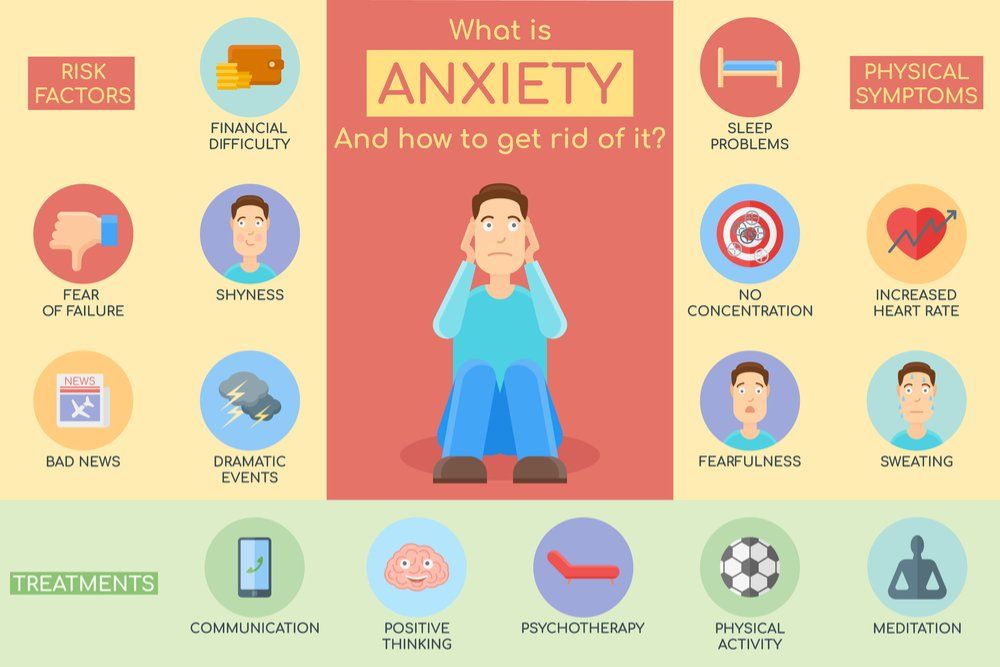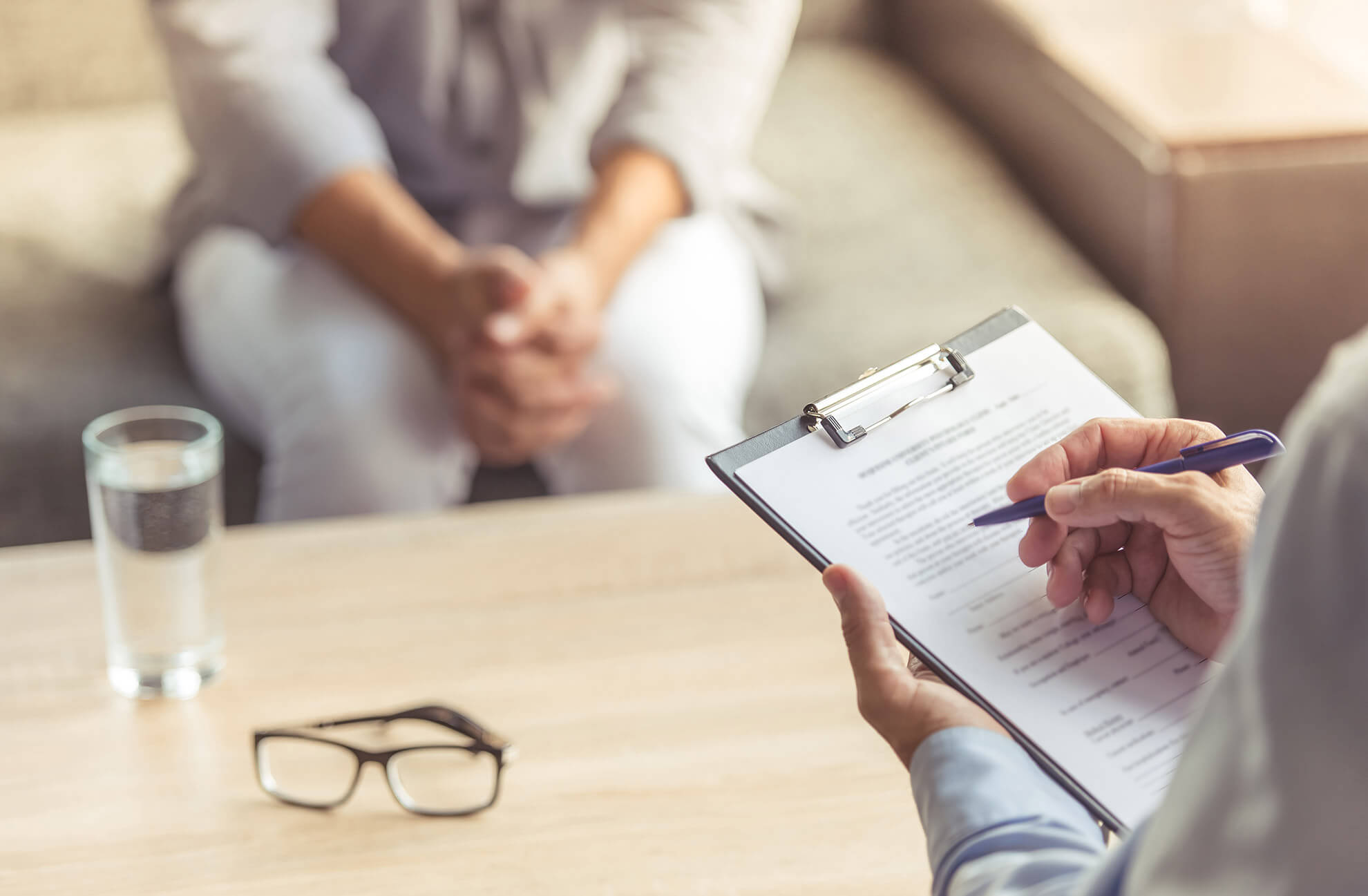Everyone has anxiety from time to time and it can be a very adaptive emotion. However chronic anxiety disorders can negatively impact your quality of life. It can take many forms such as panic attacks, compulsive behaviours, trauma related, generalised worry or a specific phobia
Day to day feelings of anxiety could be about feeling worried or anxious about a social situation, physical health, our ability to cope or fearing the worst will happen
So, what is anxiety? In the short term, anxiety increases your breathing rate and heart rate, concentrating the blood flow to your brain, where you need it. This very physical response is preparing you to face an intense situation. However, some people find it hard to control their worries with such feelings of anxiety are more constant and can often affect their daily lives.
Anxiety is the main symptom of several similar conditions, including;
- Panic Disorder
- Phobias
- Post-Traumatic Stress Disorder (PTSD)
- Social Anxiety Disorder



